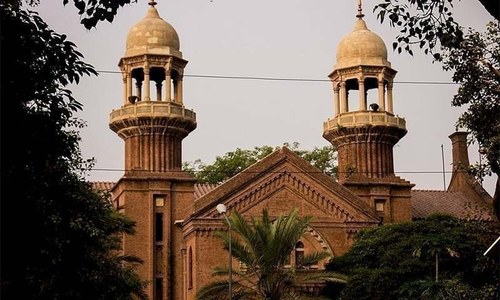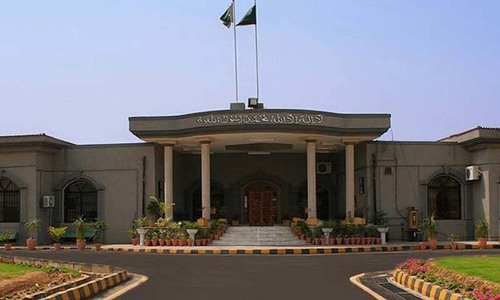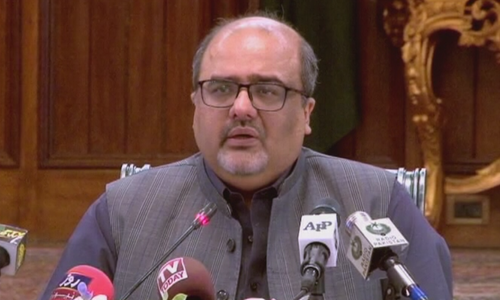ISLAMABAD: Land grabbers and their agents are allegedly active in nine localities in the capital.
Talking to Dawn, police officers said land grabbers were actively operating in Bhara Kahu, Banigala, Koral, Loi Bher, Nilore, Sihala, Noon, Tarnol and Golra, disguising themselves as property dealers.
They have “well-equipped henchmen and goons” besides contacts in police and the revenue department, who assist them in pressuring landowners and identifying land and making forged documents, the officers said, adding land grabbers mostly work for housing societies and acquire land for housing projects either on cheaper rates or by force.
Forceful dispossession of large swaths of land by organised gangs using weapons is a practice. There are other factors that influence land grabbing, including increase in prices of the land, limited availability for expansion, arrival of migrants and settlers and non-digitisation of the revenue records.
These gangs have different modus operandi, including use of forceful tactics to pressure people to sell land on low rates, encroachment and forceful dispossession, acquiring large pieces of land through forgery, and selling it to housing societies, the officers said.
Additional Superintendent of Police (Security) Farhat Abbas Kazmi, when contacted, told Dawn that majority of land in the capital was occupied for housing societies. Land grabbers with assistance of their agents purchase land at cheaper rates and when the owners refuse to sell they occupy it with the assistance of henchmen, he added.
In villages, large pieces of lands are reserved for common purposes, including grazing and for graveyards, he said, adding these are called shamilaat.
In practice, land grabbers either purchase land on cheaper rates against the will of the owner or grab lands using threats or by force, he said. Land grabbers in connivance with police also sometimes get false cases registered against those who put up resistance and refuse to sell their lands to them.
Due to the pressure, there is no choice left for owners but to sell their lands to the land grabbers on prices that they offer, Mr Kazmi said, adding none of these actions are black and white and there is no concrete evidence against police or the revenue department.
Besides, loopholes in the law make it impossible to take any action against police and revenue officials.
“It is a long process to provide justice to the victim of land grabbing,” he said, adding initiation of an inquiry in response to a complaint is also requested from the revenue department, which is a lengthy and long process during which land grabbers give compensation to the owners and settle the issue through compromise.
So far, 12 land grabbers have been arrested in the capital under section 3 of the Maintenance of Public Order (MPO) ordinance, he said, adding six accomplices of land grabbers were also arrested during Eid holidays.
As many as 15 more land grabbers have been identified who are operating as property dealers. Dozens of cases were registered against them in different police stations under criminal charges as well as the Anti-Terrorism Act (ATC), he added.
Other police officers pointed out that a response unit, comprising officers and 16 staff members, had been established to respond to complaints of forceful dispossession. However, officers face a number of problems while trying to prevent the practice of land grabbing including weak law (447 and 448 Pakistan Penal Code), possession of licenced weapons among land grabbers, multiple owners of shamilaat lands, encroachment on CDA and other government lands and presence of illegal housing schemes.
They said there is a need for a deweaponisation campaign, especially in the nine areas where land grabbing is most prevalent. Land grabbers and their henchmen attack and injure land owners besides threatening the owners along with other villagers.
Published in Dawn, May 21st, 2021













































